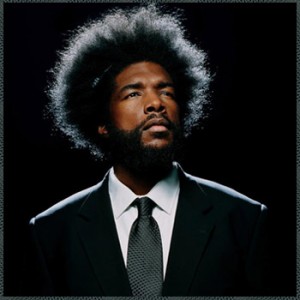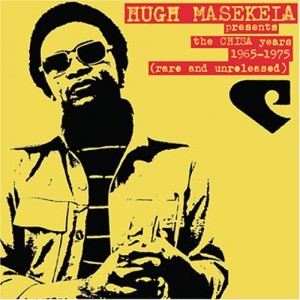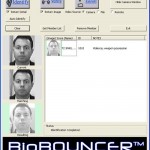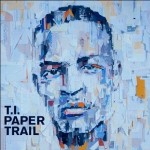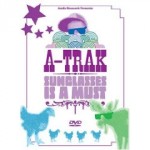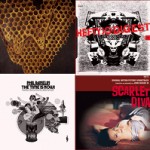Feature
Chicago Tribune
July 16, 2006
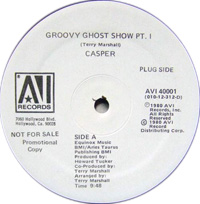
It seems as though there has never been more attention, airplay or talent agents focused on Chicago hip-hop music than there is now. Once maligned for being the biggest urban center in the country with the fewest marquee rappers — none for much of the ’80s and ’90s — the Windy City now claims Common and Kanye West as homegrown talent, with buzzed-about local rappers such as Lupe Fiasco expected to soon follow in their footsteps.
But the city’s current crop of MCs didn’t emerge suddenly in a cultural vacuum. A diverse array of graffiti artists, breakdancers, activists, writers, rappers and producers has existed in Chicago for decades, coming together to form a hip-hop scene that rivals anything on the coasts.
Here are some facts that shed light on the lesser-known aspects of Chicago’s hip-hop community.
NATIVE SONS AND DAUGHTERS: Kanye West isn’t the only Chicago native who found hip-hop fame elsewhere. Chali 2na (Charles Stewart), the bass-heavy vocalist of L.A.-based rap group Jurassic 5, was born here in 1971. And he hasn’t lost sight of his roots, having collaborated with Chicago-area talent such as Ang13 on the track “Chicagorillas” from his “Fish Market” solo mix tape. And Shawna, an R&B vocalist and frequent Ludacris collaborator, was part of a local group called Infamous Syndicate. Also Chicago-born is Boots Riley, the politically charged rapper who fronts the Oakland group the Coup.
West’s early education: According to many local DJs, he earned his first big production credit on an album called “Down to Earth,” the 1996 Correct Records debut from local rapper Grav. Eight of the tracks are credited to simply “Kanye,” and some, such as “Sick Thoughts,” include turntable scratches from DJ Nu-Mark, then owner of the now-defunct label and current DJ for Jurassic 5.
According to legendary DJ JP Chill of WHPK-FM 88.5, the University of Chicago’s radio station, some of West’s first rhymes were recorded as part of a group called the Go-Getters, which released a modest local hit in the early ’90s called “Oh, Oh, Oh.” At one point, West even battled Common on his way up. A freestyle rap battle between the two friends, recorded at the WHPK studio in the early ’90s, has resurfaced on a variety of mix tapes.
THE FRIENDLY GHOST: According to most hip-hop heads, the first Chicago single pressed to vinyl belongs to Casper, who released the “Groovy Ghost Show” 12-inch in 1980. Produced by Dr. Groove, recorded at Sky Hero Productions in Chicago and released on now- defunct California disco label AVI Records, the dance floor- infected single is the city’s first recorded contribution to hip- hop.
Read more…

